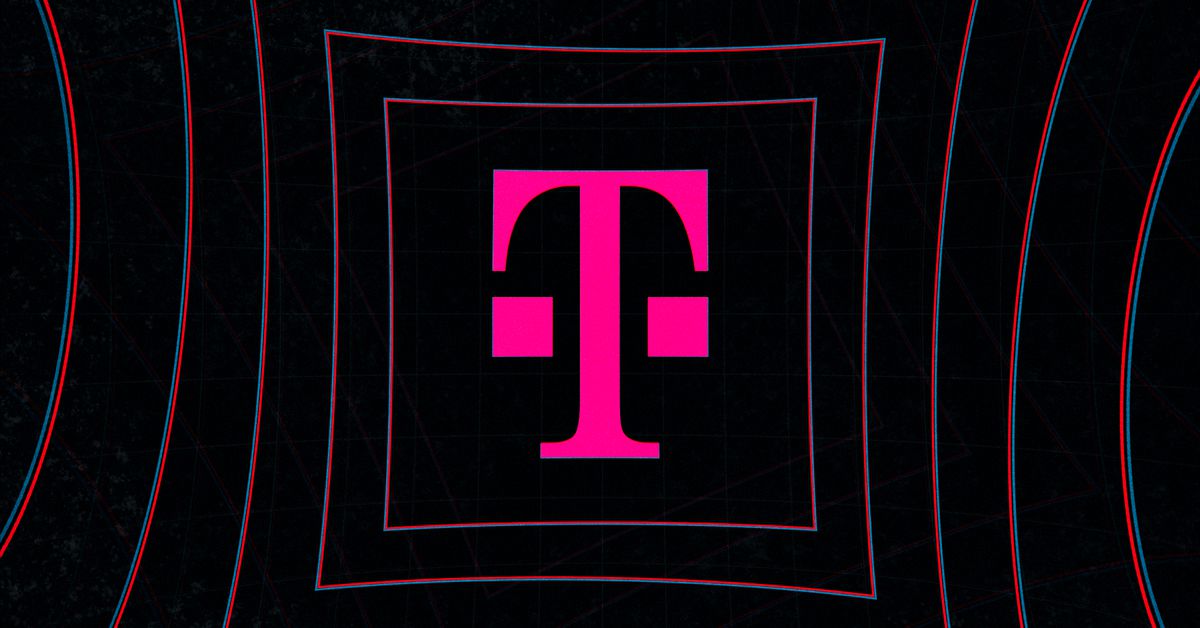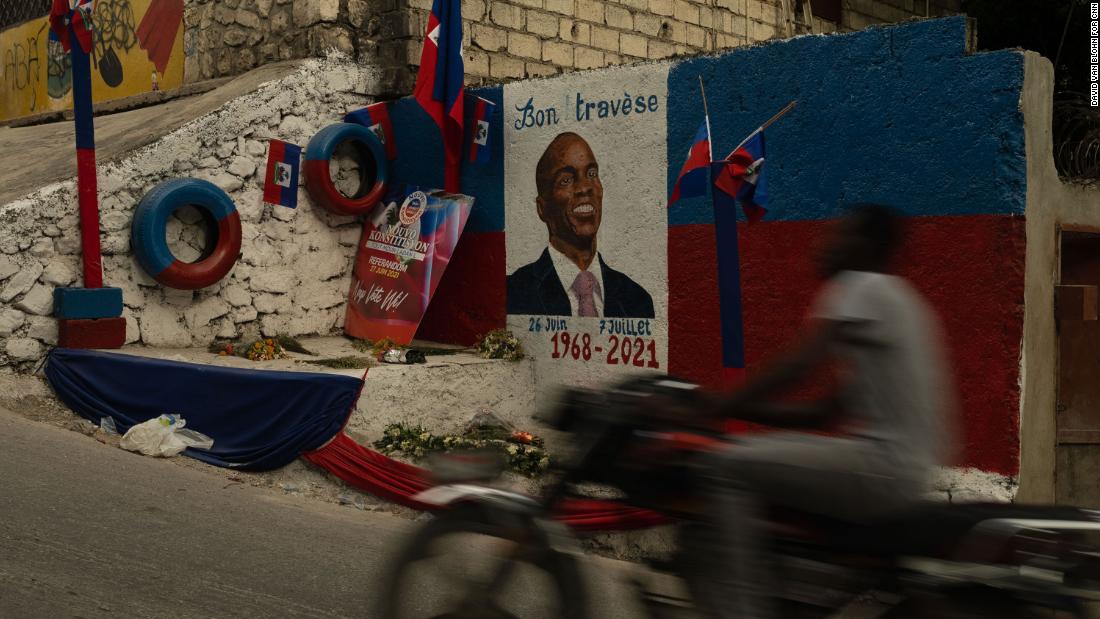US Office For Victims Of Crime Celebrates 20 years of Anti-Trafficking Programs
Marking National Human Trafficking Prevention Month, the U.S. Office For Victims Of Crime (OVC) celebrated the 20th Anniversary of its Anti-Trafficking Programs on Thursday. The event highlighted the theme of Collaboration, Transformation, and Impact and how necessary grant funding has been for fighting human trafficking.

To mark National Human Trafficking Prevention Month, the U.S. Office For Victims Of Crime (OVC) celebrated the 20th Anniversary of its Anti-Trafficking Programs on Thursday. The event highlighted the theme of Collaboration, Transformation, and Impact and how necessary grant funding has been for fighting human trafficking.
“We will continue to bring the full force of the Department to the fight against human trafficking. We will continue to bring traffickers to justice,” said U.S. Attorney General Merrick Garland as he recognized some of the achievements of OVC, the DOJ branch aimed at protecting and supporting survivors of human trafficking. “We will continue to disrupt and dismantle the networks that enable these crimes. And we will continue to show victims, by word and by deed, that we are worthy of their trust.”
OVC manages the largest amount of federal funding for supporting human trafficking survivors. Garland says the DOJ has issued over $90 million in grants to OVC since 2022 and expects to issue up to another $5 million by the end of 2023.
In 1998, OVC began providing grants to fight human trafficking through the Victims of Crime Act funding. Two years later, the Trafficking Victims Protection Act was passed, and Congress earmarked $10 million for OVC’s anti-trafficking initiatives in 2002. This money enabled OVC to launch its first Services for Trafficking Victims grant program in 2003.
“Working with all our partners across the country, we were able to identify strong or promising practices which share in resources,” said OVC Director, Kristina Rose on how resources from grant funding have been put towards a network of resources. In the most recent reporting period, July 2021 and June 2022, grantees reported assisting over 16,000 individuals nationwide.
“Such as the Development and Operations Roadmap for Multidisciplinary Anti-Human Trafficking Task Forces, the Faces of Human Trafficking online video series, and most recently our anti-trafficking graphic novels written for young survivors of trafficking to help them navigate the judicial system,” Rose said.
Throughout the event, speakers tried to keep the focus on those speaking up against their own experiences with human trafficking or those speaking victims.
“Your voices have been lifted up and have shaped what we know today [about human trafficking] and will form what we learn tomorrow,” Rose said.
Kristen Clarke, the Assistant Attorney General for Civil Rights at the DOJ, highlighted the work of the human trafficking prosecution unit that was created to consolidate specialized expertise on anti-trafficking.
Clarke brought attention to recent cases that she felt emphasized the urgency of their work. Clarke mentioned the recent sentencing of three defendants in Virginia, serving time in federal prison for conspiracy to commit forced labor for forcing the domestic labor of a Pakistani woman.
“For 12 years, the defendants compelled the victim to serve the family as a domestic servant using physical and verbal abuse, restricting her communication with her family back in her home country, confiscating her immigration documents, confiscating her money, threatening to separate her from her children by deporting her to Pakistan and more they slapped, kicked, and pushed the victim, even beat her with a wooden board, and on one occasion hogtied her hands and feet and dragged her down the stairs in front of her children,” Clarke said.
“Our work alongside OVC and on behalf of trafficking victims and survivors is a natural extension of the division’s core mission of abolishing the legacy of slavery and servitude, upholding the constitution, and vindicating the rights of those most vulnerable among us.”
Lupe Martinez, President, and CEO of United Migrant Opportunity Services (UMA), a Wisconsin-based organization committed to supporting victims of human trafficking, was one of the speakers who focused on the “impact” aspect of the day’s theme. UMA has created three major divisions: Child Development, Workforce Development, and Social Services. Under the direction of newly reelected Wisconsin Attorney General Josh Kaul and his Human Trafficking Task Force, Martinez credited OVC funding for the great success he said Yuma has had in tackling the issue.
Through resources like transitional housing and supportive services for victims, they have been able to secure successful prosecutions in Wisconsin in cases like a farm worker’s death in Georgia, which exposed a sophisticated labor trafficking ring as well as young baseball hopefuls recruited from South America who were forced into working under false identity documents.
As part of the “transformation” aspect of the day’s theme, Aubrey Lloyd, project director of the Human Trafficking Collective, spoke on the transformation of survivorship as a survivor herself. Lloyd made a point to acknowledge the, at times, painful progress OVC has made in developing strategy and learning from mistakes.
“I’ve been working in the anti-trafficking field for most of my career, and we have made some missteps,” Lloyd said. “I’ve also been able to see and understand the intensity and the struggle to commit to learning and doing things differently.”
“Trauma is hard. Working in complicated systems is really hard,” Lloyd continued. “Working in spaces where we’re not always sure if there’s an answer or we just know there is no answer is very hard. Being human is hard.”
Over the years, OVC has worked to expand the diversity of voices and experiences of survivors that inform their work, but to Lloyd, the success of OVC is in how they view victims while doing their work.
“Sometimes when all we see is trauma, we don’t see the person, but OVC began to push back on using sensational language and images,” Lloyd said. “That’s supporting us as a person. That’s survivor transformation.”
The event allowed organizations to highlight how funding and other support from OVC had helped them help victims and potential victims of human trafficking.
“Ohio Created an interactive web-based training on implementing Ohio’s human trafficking screening tool for children and youth to increase statewide screening for human trafficking concerns,” Maria Busch from Ohio’s Department of Public Safety said.
“We also funded two juvenile courts to increase utilization of Ohio’s Safe Harbor legal protections for minors.”
Amy Solomon, the Principal Deputy Assistant Attorney General for the Office of Justice Programs, closed out the event by again highlighting the importance of lifting the voices of survivors in all aspects of their work.
“OVC is working hard, every day and in partnership with so many of you, to lift up the voices of human trafficking victims. OVC has grounded their programs and activities in what survivors tell us,” Solomon said.

 Landwebs
Landwebs 




















